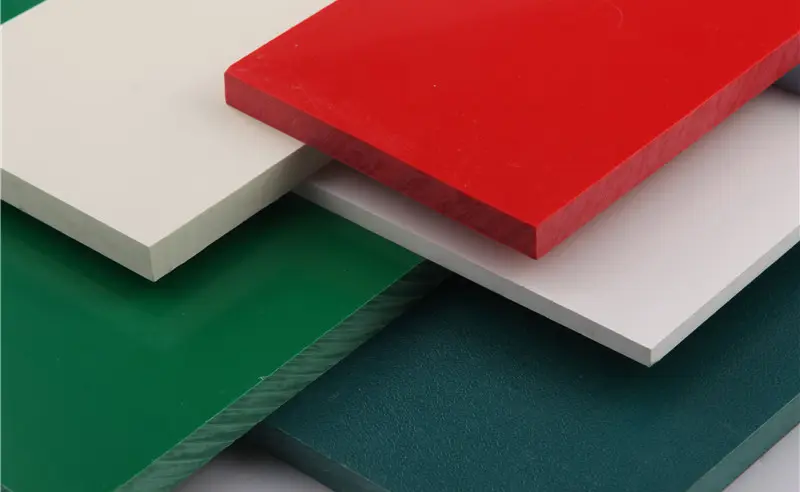Aug . 13, 2024 11:22 Back to list
Exploring the Advantages and Applications of HDPE Pipe in Modern Infrastructure Projects
Understanding HDPE Pipes A Comprehensive Overview
High-Density Polyethylene (HDPE) pipes have emerged as one of the preferred materials in various industries, particularly in water supply, irrigation, and drainage systems. Renowned for their durability, flexibility, and resistance to corrosion, HDPE pipes offer several advantages over traditional materials such as steel, concrete, and PVC. This article delves into the key features, benefits, applications, and maintenance of HDPE pipes.
Key Features of HDPE Pipes
One of the defining characteristics of HDPE pipes is their robust composition. Made from high-density polyethylene, these pipes are lightweight yet exceptionally strong and can withstand high pressure. Standard HDPE pipes come in various diameters and thicknesses, making them versatile for different applications. They can also be manufactured in lengths up to 1,200 meters, significantly reducing the number of joints required during installation.
Additionally, HDPE pipes are highly resistant to a wide range of chemicals, making them suitable for transporting potable water, industrial liquids, and wastewater. Their smooth interior surface minimizes friction loss, which results in improved flow rates. Furthermore, HDPE pipes can endure extreme temperature variations, from -40°C to +60°C, which allows them to be utilized in diverse climates.
Benefits of HDPE Pipes
The benefits of HDPE pipes extend beyond their physical properties. One of the most significant advantages is their longevity. HDPE pipes can last for over 50 years with proper installation and maintenance, reducing the need for frequent replacements. This longevity translates to lower lifecycle costs and is particularly appealing for municipal and infrastructural projects.
Moreover, HDPE is resistant to biological growth and does not support the growth of algae, making it a hygienic option for water transportation. The absence of rust and corrosion also means that HDPE pipes maintain their integrity over time, ensuring the quality of the transported liquids is not compromised.
Another notable benefit is the ease of installation. The lightweight nature of HDPE pipes makes them easy to handle, reducing labor costs and installation time. They can be jointed using various methods, including thermal fusion, which creates a homogenous seam that is as strong as the pipe itself.
hdpe pipe

Applications of HDPE Pipes
HDPE pipes have a wide range of applications across multiple sectors. In the municipal sector, they are extensively used for drinking water distribution and sewage systems. Their resistance to chemicals also makes them ideal for industrial applications, including the transport of acids, bases, and other corrosive materials.
Agriculture is another sector where HDPE pipes have made a significant impact. They are commonly used for irrigation systems due to their ability to withstand soil conditions and pressure fluctuations. Moreover, they are often used in drainage systems to efficiently manage excess water.
Maintenance of HDPE Pipes
Maintaining HDPE pipes is relatively straightforward due to their durable and resistant properties. Regular inspections should be conducted to check for signs of damage or blockages. Minor repairs can usually be performed using bendable fittings or by replacing sections of the pipe without extensive excavations.
It's also important to keep the installation area clear of debris and vegetation that may cause external damage. Properly designed drainage systems around the pipes can further enhance their lifespan.
Conclusion
In conclusion, HDPE pipes offer a combination of durability, efficiency, and versatility that makes them an attractive choice for a myriad of applications. As industries continue to prioritize sustainability and cost-effectiveness, the demand for HDPE pipes is likely to grow. Whether for water supply, irrigation, or industrial processes, HDPE pipes present a reliable solution that meets the needs of modern infrastructure. Their ability to withstand the test of time and harsh conditions ensures that they will remain a staple in pipe technology for years to come.
-
High-Quality PPR Pipes and Fittings Durable ERA PPR & PVC PPR Solutions
NewsJul.08,2025
-
Black HDPE Cutting Board - Durable, Non-Porous & Food Safe HDPE Plastic Cutting Board
NewsJul.08,2025
-
High-Quality CPVC Panel Durable HDPE & PVC Panels Supplier
NewsJul.08,2025
-
Double PE Welding Rod Supplier - High Strength, Durable & Versatile Welding Solutions
NewsJul.07,2025
-
High-Quality PVC-O Pipe Supplier Durable 75mm PVC Pipe & Connections Leading PVC Pipe Company
NewsJul.07,2025
-
HDPE Drainage Pipe Supplier – Durable & Corrosion-Resistant Solutions
NewsJul.06,2025

